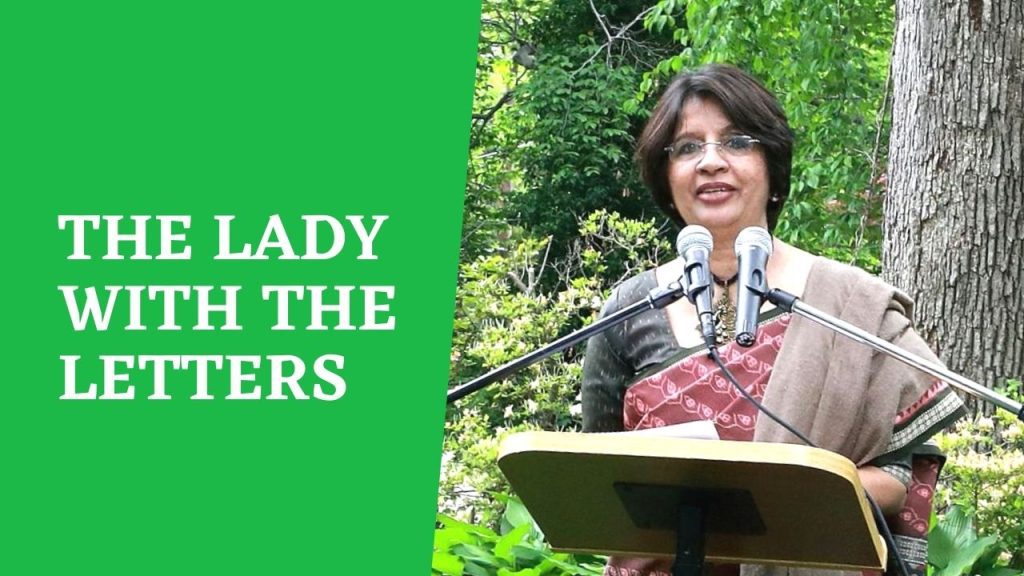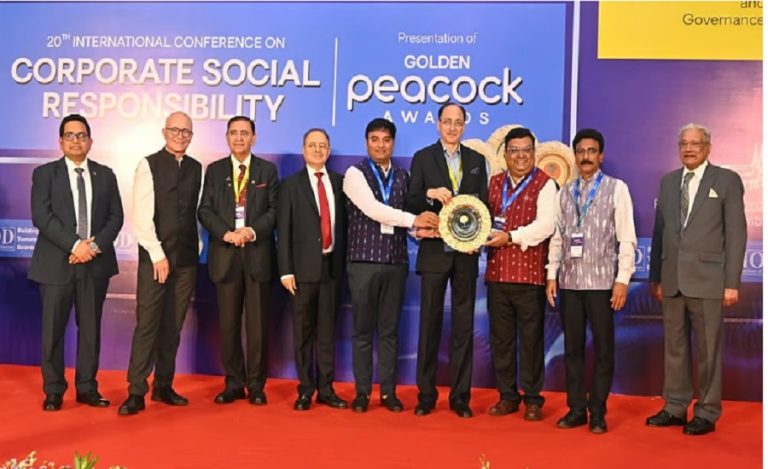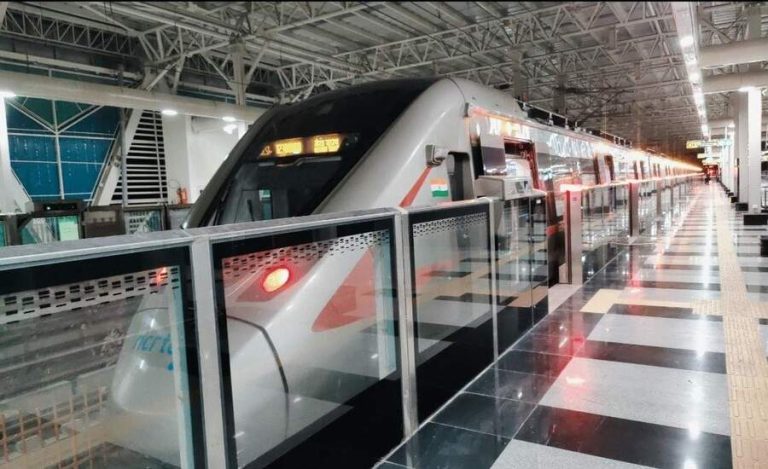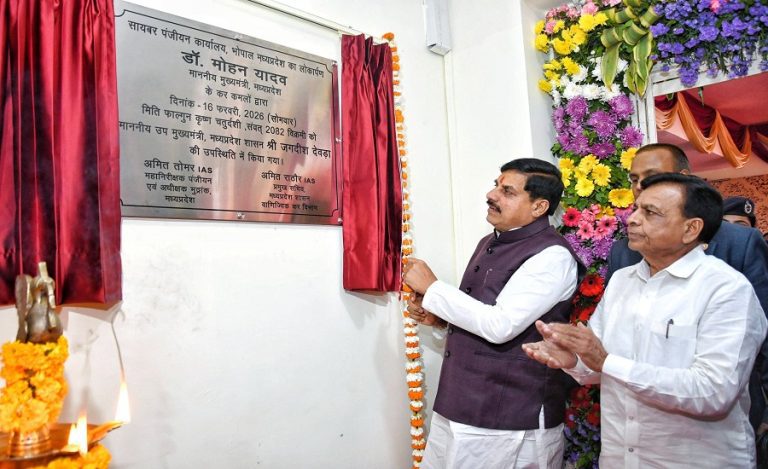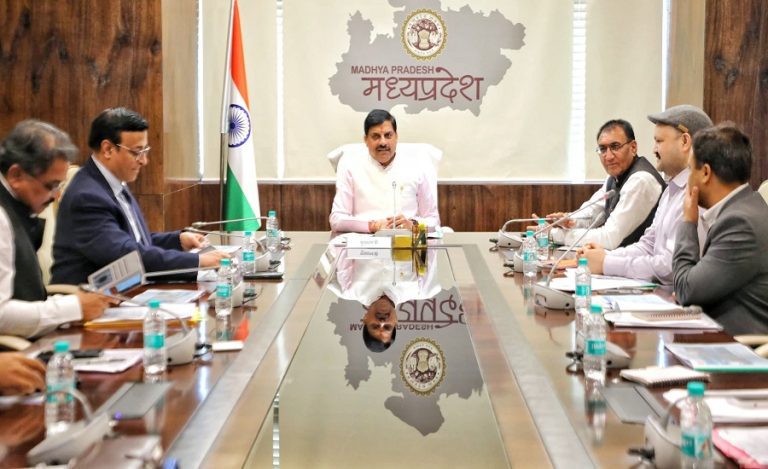Diplomacy is not about plain speaking. It’s about putting even a straight sentence into reels and spools. Often after going through a four-pages-long press release issued by the Ministry of External Affairs or after an hour-long press conference by the MEA spokesperson, scribes are at a loss for the takeaways.
However, Former Foreign Secretary of India Nirupama Menon Rao is different. She never parries a question. Rather manages to tear into the questions, shredding them into pieces with a disarming smile.
Diplomacy is ingrained in her, it is what she excels in. There was a time when she was the face of the External Affairs Ministry in India – be it representing the country in international fora like the United Nations or reading out official statements with authority and holding her own in noisy press conferences with dignity. Today, she is fielding questions from the press once again, but this time for her latest book, The Fractured Himalaya.
In an exclusive video interview to Indian Masterminds, Ms. Rao speaks about her book and India-China relations in the present context, giving us a glimpse of the eloquence that had made her the spokesperson of the MEA back in 2001.
THE FRACTURED HIMALAYA
When the first woman Indian Ambassador to China comes out with a book on India-China relations, it promises to reveal hitherto unknown facts about India’s trysts with the Red Dragon. The period covered is 1949-1962, when a lot of important events were taking place worldwide and history was being made in many ways. The author painstakingly collected the archival materials of that period for few years, to start writing the book in 2017.
“I think our public, particularly the young generation, needs to know more about India-China relations so that they can have a better understanding of the difficulties and differences that we have with China. We have very high tensions with China and having been in foreign service, I know that there is a long history to these matters.They have not happened overnight. Also, next year is the 60th anniversary of the conflict with China. So, I felt that this book coming out now would be relevant and very topical.”
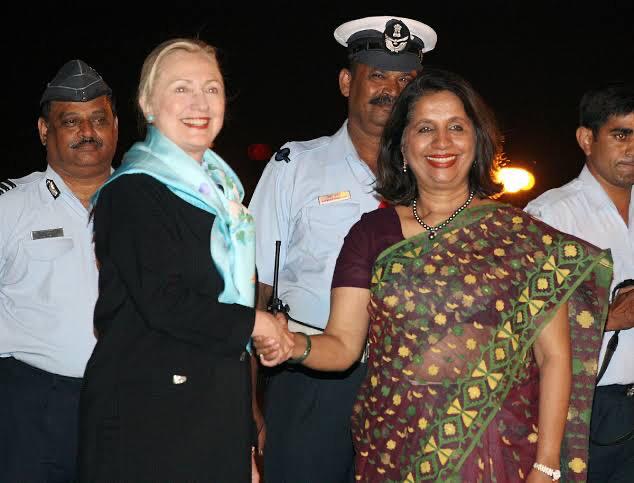
WE LET DOWN TIBET
In her writings on India-China relations, Tibet finds its rightful place. It has not been abandoned like it was during the Chinese aggression by countries it trusted, even India for that matter. In Chapter 3 of her book, she writes, “The Indian delegate, the Jamsaheb of Nawanagar made ‘a strong speech’ stating that India believed a peaceful solution could be found to the Tibetan problem and that it would be best if the Tibetan appeal to the UN was not discussed. All other countries, including the United States, backed this Indian position. Tibet had been effectively abandoned, its protector deities also proving to be of little use.”
Ms. Rao tells Indian Masterminds that in 1950-51 when Chinese PLA entered Tibet, the Dalai Lama and the governing council of Lhasa, the Kashag, had made efforts to approach the United Nations.
“At that time, no country in the world made a serious effort to support Tibet’s case in the UN. In that sense, yes, it was abandoned. Although, no power on earth could have prevented China from entering Tibet that time, its claim to Tibet was rather tenuous. Tibet had enjoyed independence, a de facto existence, for over five decades. The Chinese just walked into Tibet. Nobody resisted them, the Tibetan order that existed until then disappeared. If we had taken the issue up in the UN and supported Tibet’s cause, at least this problem would have been placed in the UN agenda.”
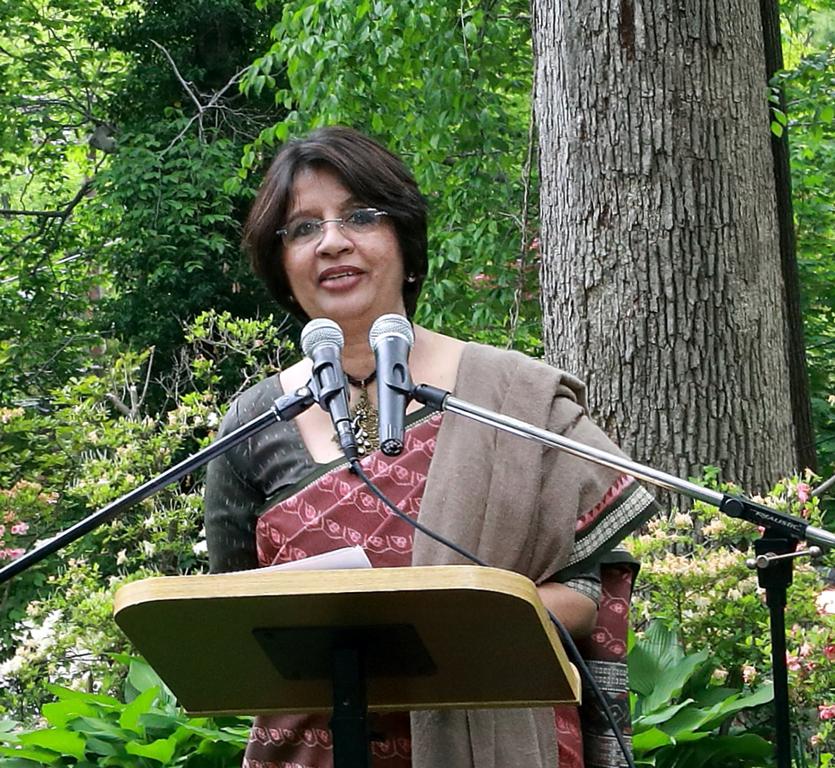
ON CHINA BUILDING A VILLAGE IN ARUNACHAL
Ms. Rao cautions people, especially the media, about jumping into conclusion that China has built a village in Arunachal Pradesh and drumming up tension as a result. She says that although some satellite images show a village here and there, one must pay attention to the official line taken by the Government of India.
“Most of the responses say that these villages lie north of the Line of Actual Control, they don’t lie on the Indian side. In some pockets of Arunachal Pradesh, just like in Ladakh, the Line of Actual Control between India and China is quite hazy. No proper understanding has been reached about the precise definition of the line. There are certain little pockets of territory where there are differences in perceptions about the boundary line. You will find Chinese coming into these areas. Similarly, we may go into some territories. This has gone on for a long time.”
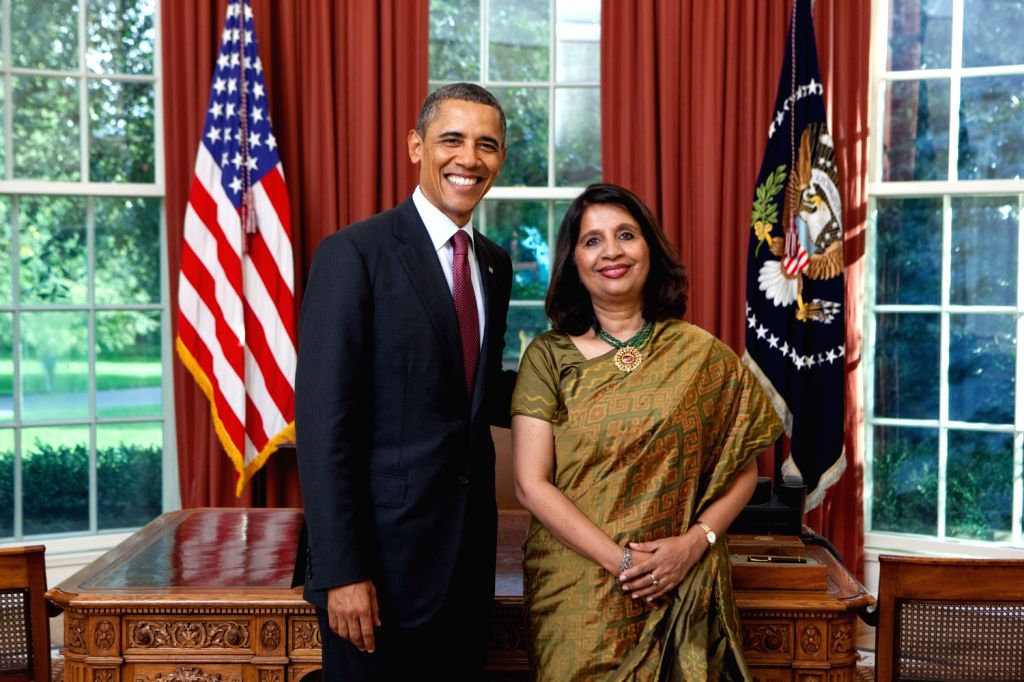
The second point Ms. Rao stresses on is that China has considerably improved its infrastructure on the Tibet side of its border.
“Roads are coming up very close to the border. They are setting up power generation capacity. Their troops are present very close to these areas. The fact is, the Chinese have increased their activities considerably in these areas. This is what the satellites are picking up. But to say unambiguously and unequivocally that these areas are in Arunachal Pradesh would be jumping to very, very rapid conclusion without studying the nature of the problem and the intricacies of it.”
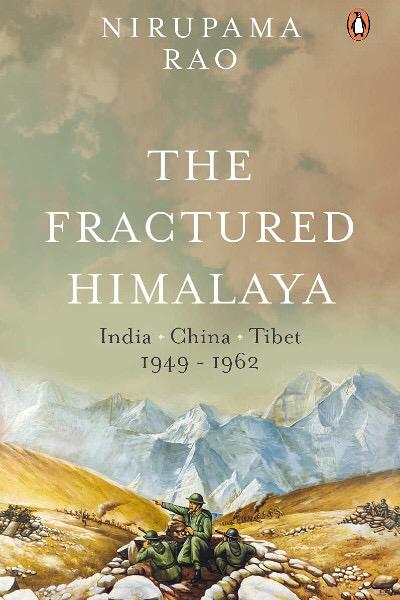
She says that because there has been considerable Chinese capacity building in the areas adjoining the border in the last 2-3 years, the boundary has become live. However, the mechanism for maintaining peace and building confidence has broken down after Galwan, she feels.
“Now the challenge is for the two sides not to disturb the status quo. And, secondly, to get down and make really hard efforts to improve these mechanisms for restoring tranquility and confidence.”
HOW TO AVOID GALWAN VALLEY TYPE FACEOFF
According to her, to avoid Galwan Valley type faceoff, what is required is more precise definition of each side’s understanding of the Line of Control.
“We have to sit down and continue discussion. It cannot be sorted out by further confrontations. The hysteria being created among the public, drumming up the tempo of public opinion and raising it to such a level without understanding the intricacies have to be stopped.”
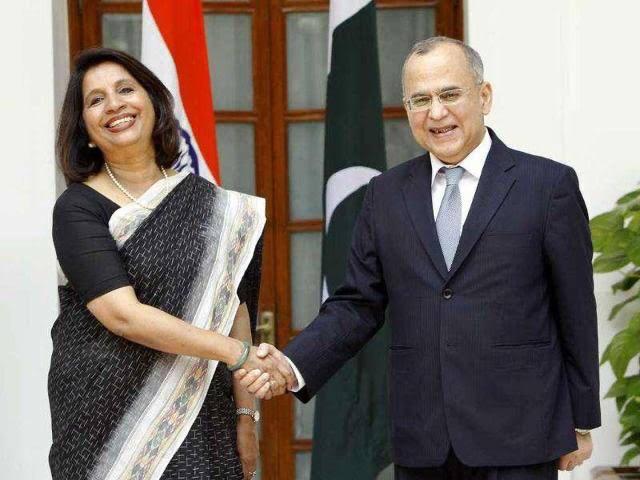
IS BORDER SETTLEMENT WITH CHINA FEASIBLE?
Ms. Rao points out that there are territorial claims that have not been resolved yet. She cites the example of China claiming territories in Arunachal Pradesh and India claiming Akshai Chin.
“We need a very strong political will, a clear sense of direction, and an understanding that if such tensions are allowed to build up and accelerate, it will do good to neither. So, we must be very mature, very sensible, and very forward-looking in our resolves to solve these issues peacefully between the two countries.”
She further says that although there are tensions between the two countries, fundamentally there is no real contradictions between India and China as these two civilized nations have lived side by side for ages. It’s not like India and Pakistan where there are rivalries, and the differences go back to Independence time.
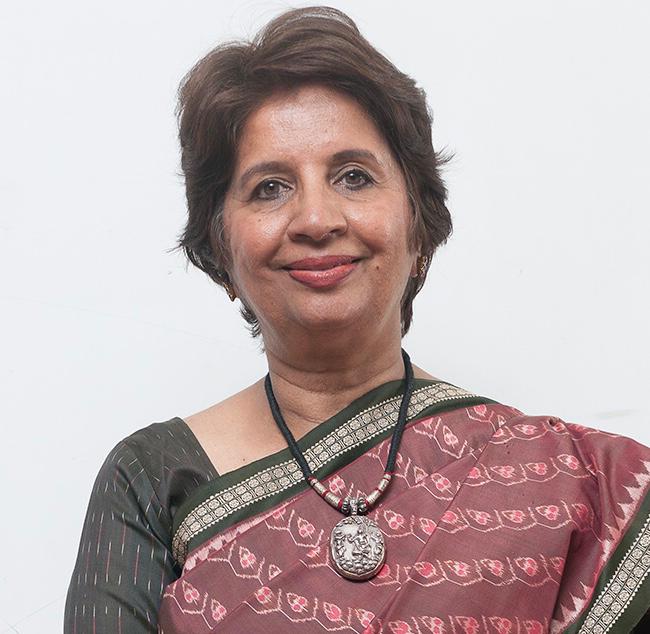
“That’s not the case with China. So, fundamentally, India and China can craft a relationship that enables them to live side by side without tensions. We may not be the best of friends. I am not saying we can be Hindi-Chini Bhai-Bhai again. No. But we can learn to live with each other because there are no fundamental contradictions between us.”
KEEP COMUNICATION LINES WITH CHINA OPEN
Although Ms. Rao is all for forging the right relationships with friends and partners like US and Japan but, at the same time, she strongly advocates keeping the channel of communication open with China.
“That is not a sign of surrender. Not a sign of being weak. Rather, it is a sign of maturity. An ability to look ahead and understand that it is only we and we alone who can solve our problems. Nobody is going to take our coals out of the fire for us.”

She is totally against jingoism of any kind, the drumming up of hysteria and warmongering. Instead, she is all for setting aside the differences and arriving at some understanding that involves mutual respect, mutual sensitivity, and mutual interests.
“Some amount of accommodation is required on both sides if we want to have a settlement,” she says in conclusion.

